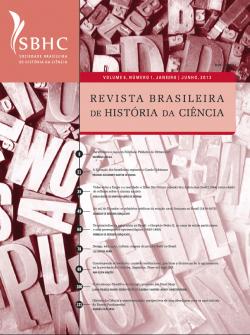The framework of Ernst Mayr’s philosophy of biology
DOI:
https://doi.org/10.53727/rbhc.v6i1.246Keywords:
Epistemology, history of science, autonomy of biology, Ernst MayrAbstract
Known as the Darwin of the twenty-first century, the German biologist Ernst Walter Mayr (1904-2005) studied a great variety of subjects such as Ornithology, Genetics, Evolution, Classification, History and Philosophy of Biology. This scientist was a giant of the previous century and an icon of Evolutionary Biology. He became famous for his Biological Species Concept and his conclusion that allopatry is the main cause for the origin of species. He provided a decisive contribution to the New Systematics and was the pioneer of the punctuated equilibrium idea. Mayr was one of the main architects of the evolutionary synthesis as also of the Neo-Darwinian wave. Evaluated together, all of his works reveal several elements of his ambition – to organize a philosophical conception inherent for Biology. An assiduous defender of an autonomous Biology, Mayr asserted that four sets of factors in Biology differ from those in the Exact Sciences: (I) refutation of essentialism, mechanism, vitalism, and teleology; (II) some physical principles cannot be applied to Biology; (III) absence of general laws in Biology; and (IV) basic principles of biology and their specific character cannot be applied to the inanimate word. The present study took as an axis a minor or even invisible theme from the Ernst Mayr literature and aims to analyze critically the theoretical and epistemological basis that subsidizes – or not – the affirmation that Biology is an autonomous Science.
Downloads
Downloads
Published
Issue
Section
License

This work is licensed under a Creative Commons Attribution-NonCommercial-NoDerivatives 4.0 International License.



















